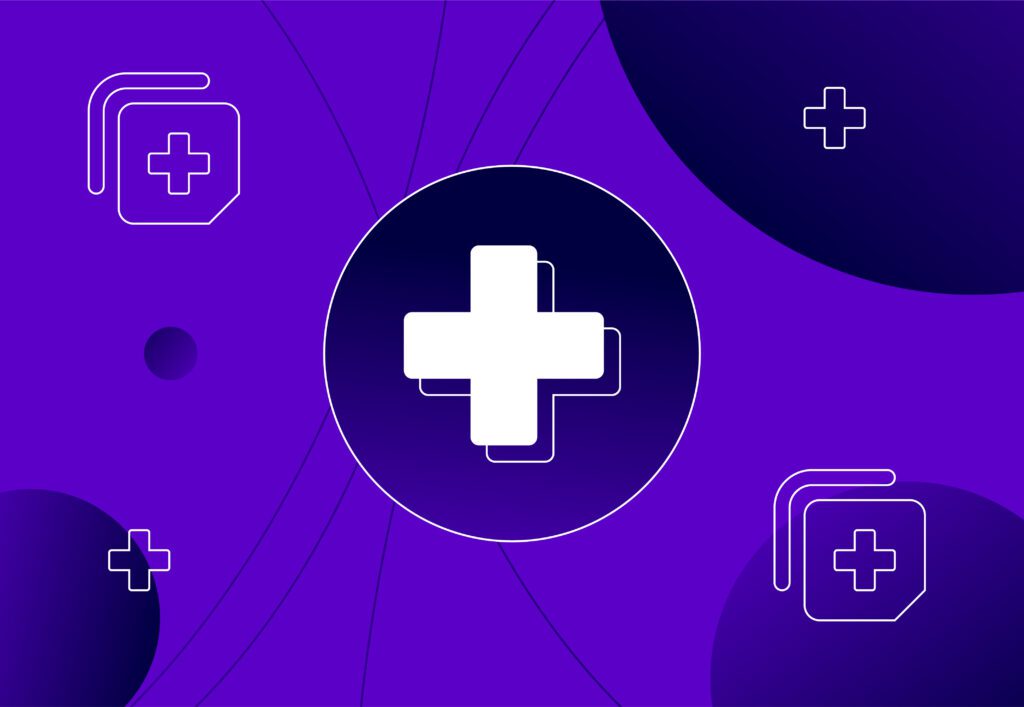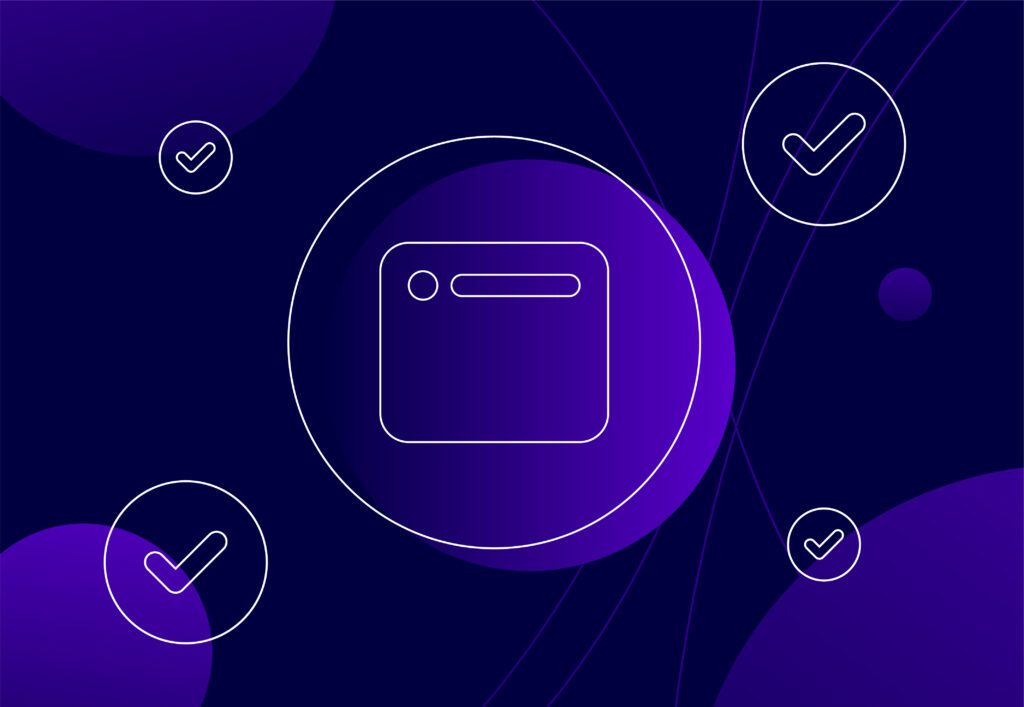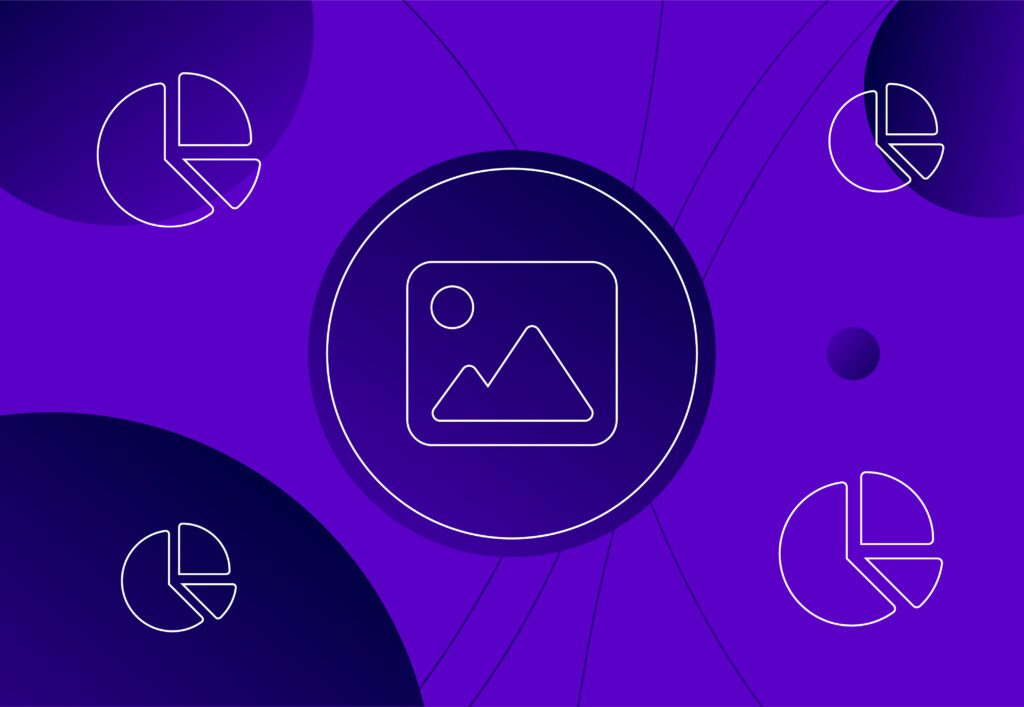
The Power Of Words In Marketing: Taglines & Slogans

‘’Let’s go places’’ because ‘‘Impossible is Nothing’’. We can go ‘‘Everywhere you want to be’’, ‘‘Because you’re worth it’’. ‘’The Happiest Place on Earth’’ perhaps, or maybe we can ‘‘Fly the friendly skies’’? Then again, ‘‘Red Bull gives you wings’’. These are some of the most iconic taglines and slogans of brands such as Toyota, Adidas, Visa, L’Oreal, Disney, United Airlines and of course, Red Bull. They’re synonymous with the companies and the values they put out into the world. In a few simple words, we can recall the brands, what they do and what they stand for. But these taglines and slogans are far more powerful than that. In this blog post, I take a look at the subtle differences between taglines and slogans, and how they can be used effectively in advertising and marketing campaigns.
What Is A Slogan?
According to Entrepreneur, a slogan is ‘’a catchphrase or small group of words that are combined in a special way to identify a product or company.’’ Companies have slogans for the same reason they have logos: advertising. While logos are visual representations of a brand, slogans are audible/read representations of a brand. Both formats grab consumers’ attention more readily than the name of a company or product might. Plus, they’re much easier to understand and remember.
The aim of a slogan: To leave a key brand message in consumers’ minds so that, if they remember nothing else from an advertisement, they’ll remember the slogan.
So what makes a great slogan? Well, according to HowStuffWorks, a great slogan is:
Memorable: Is it recognisable? Do people only have to spend a second or two thinking about it to know it relates to a company and campaign?
Includes A Key Benefit: Does it make a product/service benefit clear to the audience?
Differentiates The Brand: Does your energy drink have the tastiest flavour, or the fewest calories? Do your earphones offer perfect pitch or noise control? What is it about your product or brand that sets it apart from competitors?
Leaves Positive Feelings About The Brand: The best slogans incorporate words that are positive and upbeat.
What Is A Tagline?
Whereas a slogan encompasses a company’s mission, what it stands for, and is usually tied to specific and individual campaign objectives, a tagline is slightly different. Taglines are often next to the company’s logo on official advertisements, and are dedicated more specifically to brand awareness than slogans. Whereas slogans carry a brand’s values and promises as the company grows and evolves, and can be promoted under an overarching company tagline, a tagline reinforces your brand by conveying the tone and feeling you want for your products and services. The most successful taglines become synonymous with brand names and logos. A tagline is typically used at the end of every advertisement or marketing material published.
A Game Of Slogan & Tagline – Can You Guess Which Are Which?
No cheating now!
- Dollar Shave Club: “Shave Time. Shave Money.”
- MasterCard: “There are some things money can’t buy. For everything else, there’s MasterCard.”
- Ronseal: “It Does Exactly What It Says on the Tin.”
- Nike: “Just Do It.”
- Apple: “Think Different.”
- L’Oréal Paris: “Because You’re Worth It.”
- Tesco: “Every Little Helps”
- Audi: “Advancement Through Technology”
- McDonald’s: “I’m Lovin’ It”
- Maybelline: “Maybe she’s born with it. Maybe it’s Maybelline.”
Ok, now you can cheat to find the answers haha (or send me your answers and I’ll send you your score)!
What Makes Taglines & Slogans So Powerful?
So what is it about taglines and slogans that makes them so powerful? Metaphors have been famously used in jingles, slogans and taglines for decades, evoking easily understood imagery. Imagery tends to further evoke emotional responses, tied to our own experiences with the world. If powerful words are used to trigger an emotional reaction, they can prompt the release of dopamine – enhancing the brain’s ability to remember. In a few simple words, millions of people can remember a brand because of how it makes them feel, leading to greater recall, uptake and conversion when they’re next considering a product or service from your industry.
Take Dollar Shave Club for example. Dollar Shave Club was born out of a party conversation between Mark Levine and Michael Dubin, where they shared their frustrations on the high cost of razor blades. They came up with the idea to send blades via a monthly subscription box for $1 (with $2 shipping). The pair launched Dollar Shave Club’s website in the US in 2011.
Dollar Shave Club’s tagline: “Shave Time. Shave Money.”
As Conversion Science states, ‘’Dollar Shave Club showcases brand personality incredibly well in their tagline, website, and across all of their marketing campaigns, branding their company as a club for common sense, sarcastic smart alecks… you know… what every guy aspires to be.’’
The Results:
Their initial ad in 2011, “Our Blades Are F***ing Great”, went viral and got 12,000 subscribers in 48 hours. Not only this, it attracted $1 million in investment in the company.
The following year, the company raised $9.8 million to expand internationally into Canada and Australia.
In 2016, Dollar Shave Club was bought out for $1 billion by Unilever.
Not too shabby.
You may be thinking, does word choice matter? Well, if we’re trying to elicit an emotion, it should probably be a positive one, right? The emotion could be the joy of saving money or the nostalgia of the past and everything in between. Every purchase decision ever made is rooted in an emotion.
Here are some positive words that may aid your marketing efforts:
- Love: The only emotion arguably more powerful is fear. Love is a positive emotional connection.
- Free: Stimulation of the desire to save. Most people want to make smart financial decisions.
- Unique: Exclusivity makes customers feel special. The word can also be used to describe a product or service feature. Doing this separates the offer from competition.
- Opportunity: The positive version of a risk. Opportunities are discovered. Risks are stumbled upon.
- Guarantee: Providing a sense of security to the customer. Also denotes stability from the advertiser.
- Win: Because who likes losing?
- Increase/more: People seek to optimise what they already have or do. The product or service that delivers such results gets the win.
- Real: A statement of genuine materials, processes, or results. Break down the walls of artificial promises or ingredients.
- Now: Reduces hesitation before action or confusion about timing.
- You: Forms a connection with an individual. It encourages them to place themselves along the path you want them to follow.
Ultimately, a good tagline and slogan resonates with your audience, evokes emotional responses and makes them want to find out more. And if you’d like to find out more about Embryo Digital and all the successful campaigns we’ve run, well then, we’d love to hear from you.




